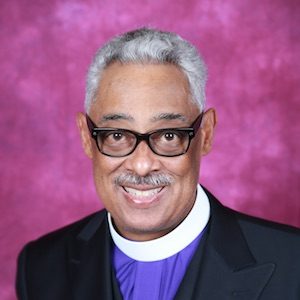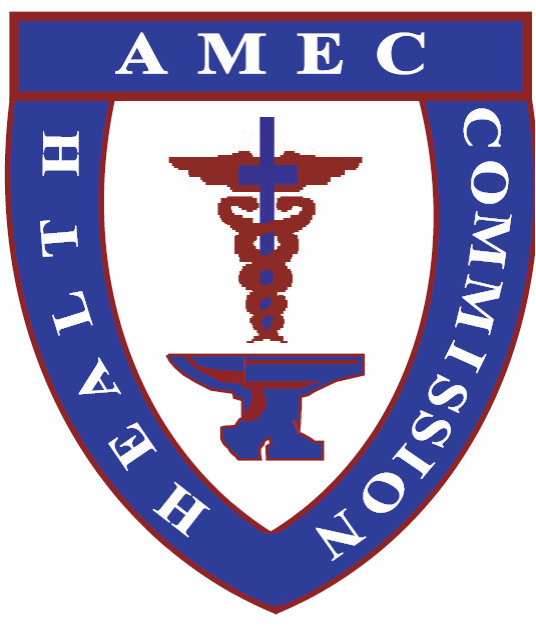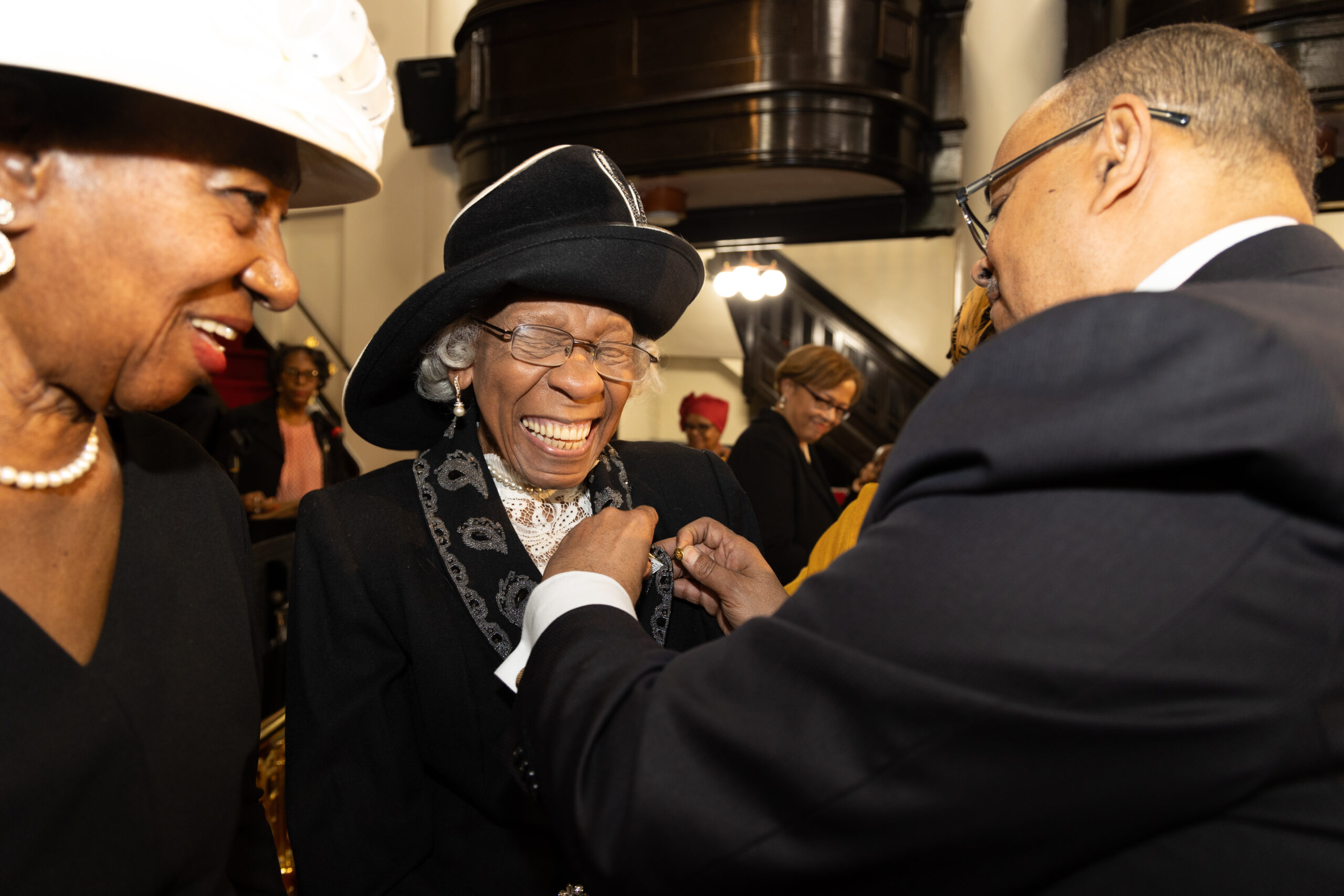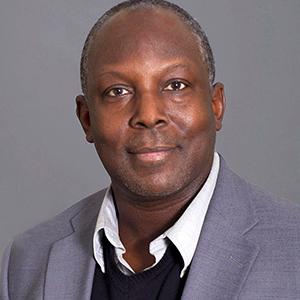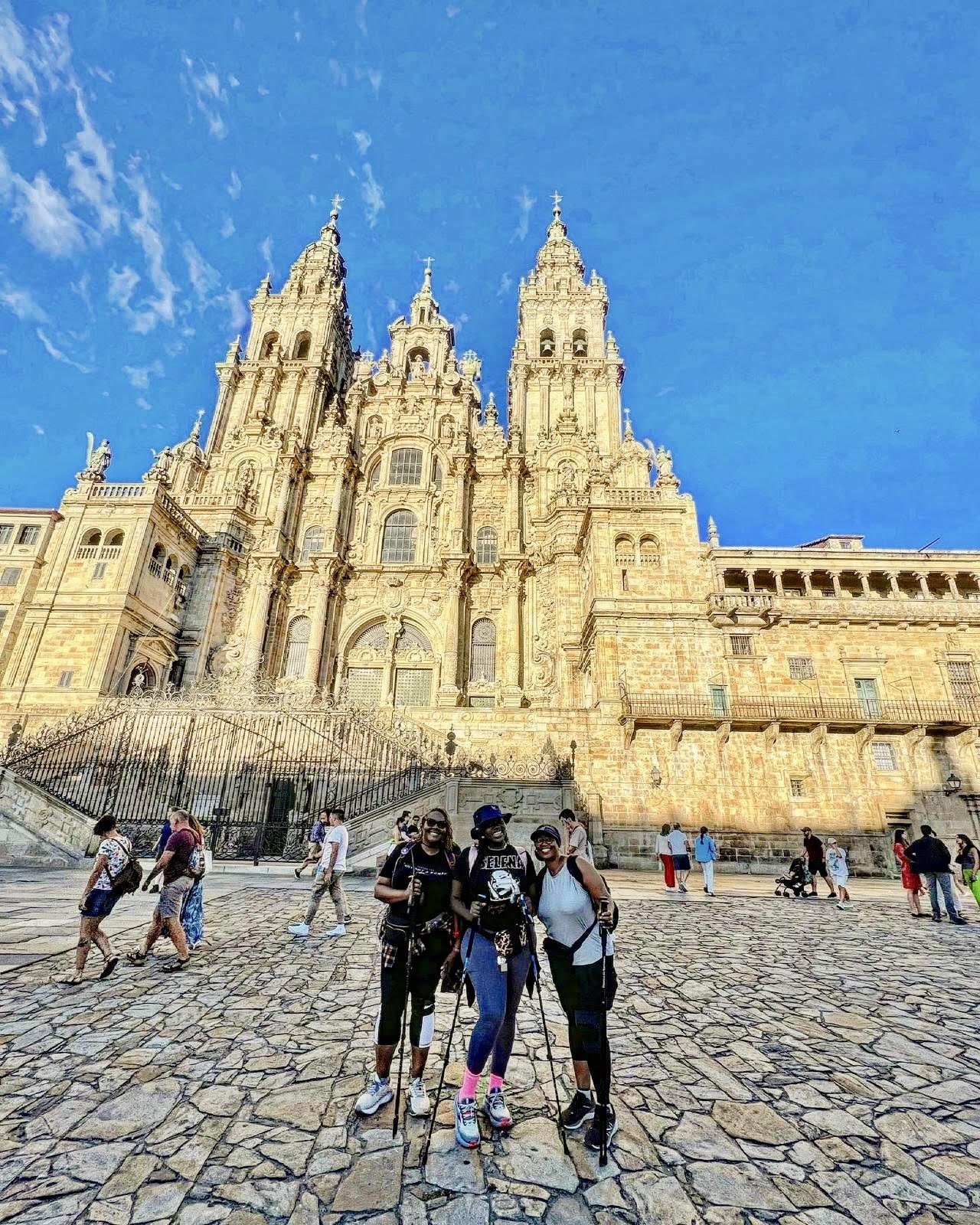Christianity and Race in the US: What is the Legacy of Billy Graham?
By Bishop Frank Madison Reid, III, Ecumenical Officer
Billy Graham died on February 21, 2018, during the celebration of African American History Month. On February 21, 1965, Malcolm X was declared dead. The first time I remember hearing about Billy Graham, I was 15 or 16 years old. I was listening to a recording of Malcolm’s speech, “The Ballot or the Bullet.” In that speech, Malcolm accused Billy Graham of being a white nationalist.
In 1974, I heard a recording of one of America’s great preachers. Dr. Gardner C. Taylor was preaching the memorial service for Martin Luther King, Jr. at Harvard. The title of the sermon was “The Strange Ways of God.” The text was Luke 3:1-2. Dr. Taylor talked about the various political and religious personalities that were present when the word of God came unto John the Baptist in the wilderness. Then Dr. Taylor contemporized the text by stating, “Dwight D. Eisenhower being President of the United States and John Patterson, the Governor of Alabama, J. Edgar Hoover the omnipotent autocrat of the FBI, Billy Graham and Norman Vincent Peale, the high priests of middle America. The Word of God came to Martin King in the wilderness of America.” Clearly, Billy Graham’s legacy was and is caught up in the historic tension between Christianity with roots in slavery, racism, and white supremacist and social, political, and economic policies.
On April 4, 1968, Dr. Martin Luther King was assassinated in Memphis. In that same year, the Kerner Commission came out with his report and recommendations to turn our nation from racism to equality for all. Recently a second report, “Healing Our Divided Society: Investing in America Fifty Years after the Kerner Report” was released. The co-editor of the report stated, “Racial and ethnic inequality is growing worse. We are re-segregating our housing and schools again. There are far more people who are poor now than was true fifty years ago. Inequality of income is worse.”
Billy Graham’s legacy is great in so many ways; yet, it has limitations. It does not help that modern-day white Evangelicals have gone far to the right of the Rev. Graham and have tarnished his legacy.
How do we as Christian deal with Rev. Graham’s legacy? First, we can appreciate the good that he accomplished.
Second, we can recognize that he is not Jesus. Surely, all human representatives of God in Christ have limitations.
Third, we can remember Billy Graham defined his call as priestly. He felt called to comfort people. The legacy of Dr. King and the Civil Rights Movement was prophetic. They defined their call to confront the people in power and the nation with the sins of racism, economic inequality, and militarism.
Finally, as disciples of Christ, we must remember how to disagree without being disagreeable. We are called to be a people of love, faith, mercy, grace, forgiveness, and resistance. The Rev. C.T. Vivian, one of MLK’s closest associates, said that Billy Graham was “late coming to it, but the reasons he did not speak out, I am not certain. I wouldn’t want to accuse a man who was trying as much as possible to win souls for Christ.”

